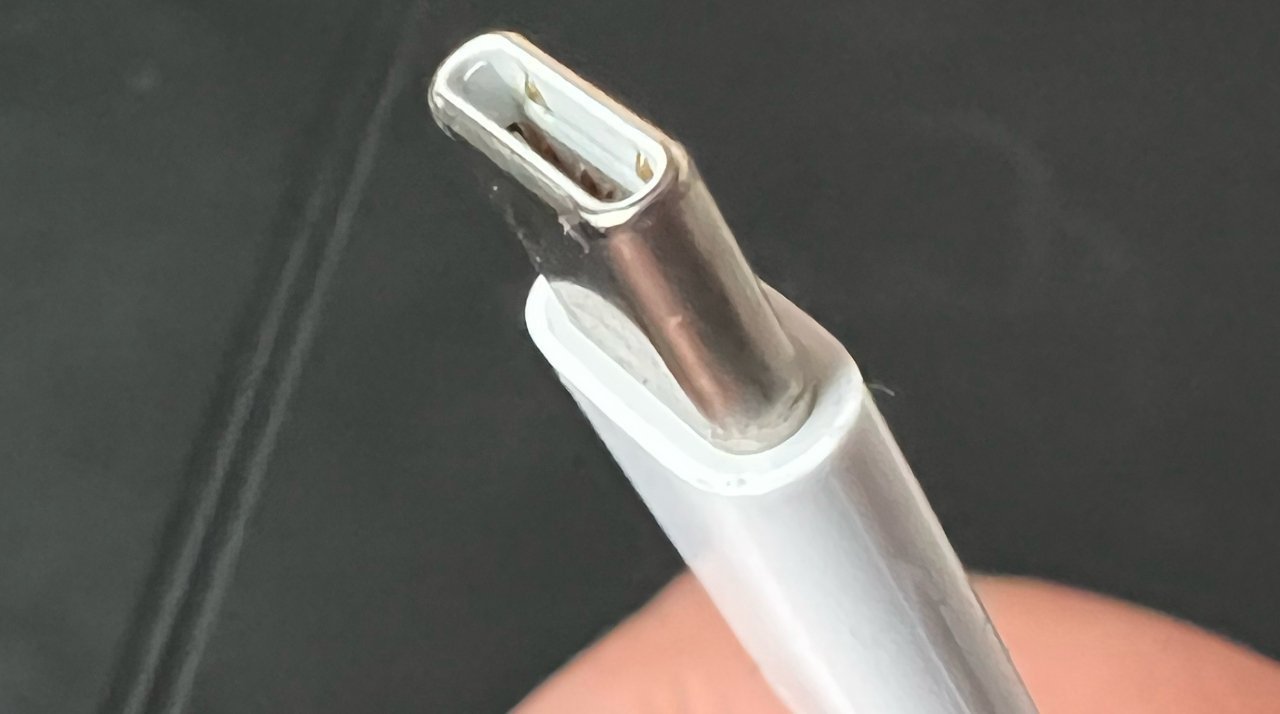Apple isn’t happy about India’s demand to upgrade older iPhones with USB-C::Apple has urged the Indian IT ministry to make changes to its single charger rules, as adding USB-C to older iPhone models will make it hard for Apple to meet production targets for India’s manufacturing and export laws.
Oh no, not their production targets! Allow me to play this song on the world’s tiniest violin.
IMO it’s a bit unreasonable to demand them go changing the design of older models aswell. I’m happy that they were forced to switch to USB-C on future models, but I’m with Apple on this one.
Well, that’s not exactly the demand. The demand is simply that if they wish to sell a product in the country, it meets their regulatory specifications by June 2025. Apple doesn’t have to upgrade their older models, they could also simply stop selling them.
But if they wish to sell a product, it must meet the manufacturing requirements of the region in which they wish to sell. Hardly a big deal if you ask me.
How many do they really sell in India though? It doesn’t matter how old and crappy your iPhone is, there’s a cheaper Android phone. Android is like 95% of phones out there.
India is 6% of Apple’s market, and growing.
Apple’s marketshare in India is (1) tiny and (2) largely driven by older models. I know 2 people who have iPhones. I know 4 people who have Jiophones (Firefox OS).
why? they have more than enough money to do so.
Exactly. They can do whatever they want. Force them to either stop doing business or fix their shit now. And don’t get started insulting the mushrooms or cows because even they know better than to feed on them.
deleted by creator
In this case, I would say – fck Apple. Indians demand is solid. Apples shitty policy of random plugs and industry incompatible chargers shouldn’t have been born ever and definetly it shouldn’t continue. Usually I’m against regulation by goverment, but in this case it is realy for the benefit of users and enviroment.
It’s also not like this snuck up on them. Governments around the world warned them very clearly that they had to get onto a standard. Apple dragged their feet the entire time, fighting it at every opportunity, until it went into law.
I don’t know what India’s law says, but I suspect it boils down to “All phones sold as new after XXXX date must have a USB-C charger”. Apple has the choice to modify the older/cheaper designs, or to stop selling them in that market.
I’m not sure why you’re generally against governmental regulation, typical regulations are written in blood.
I would argue the government seldom goes far enough
Ever wonder why there’s no more reasonable sized pick up trucks in America? CAFE regulations incentivize auto makers to manufacture ginormous trucks. I am pro-regulation in most cases but there are some real stinkers out there.
And then it goes too far on other things, like the Kind Online Safety Act, while not doing basic things to make the lives of their citizens much better, like UBI, or more controls of companies to stop monopolistic behaviour. Basically: more regulation of companies, less regulation of individuals. Although some things still need to be regulated of course for individuals, like enforcement of software licenses.
India joins the party 🥳
Fuck Apple.
Boo fucking hoo
Then apple shouldn’t be an anti-consumer piece of shit









